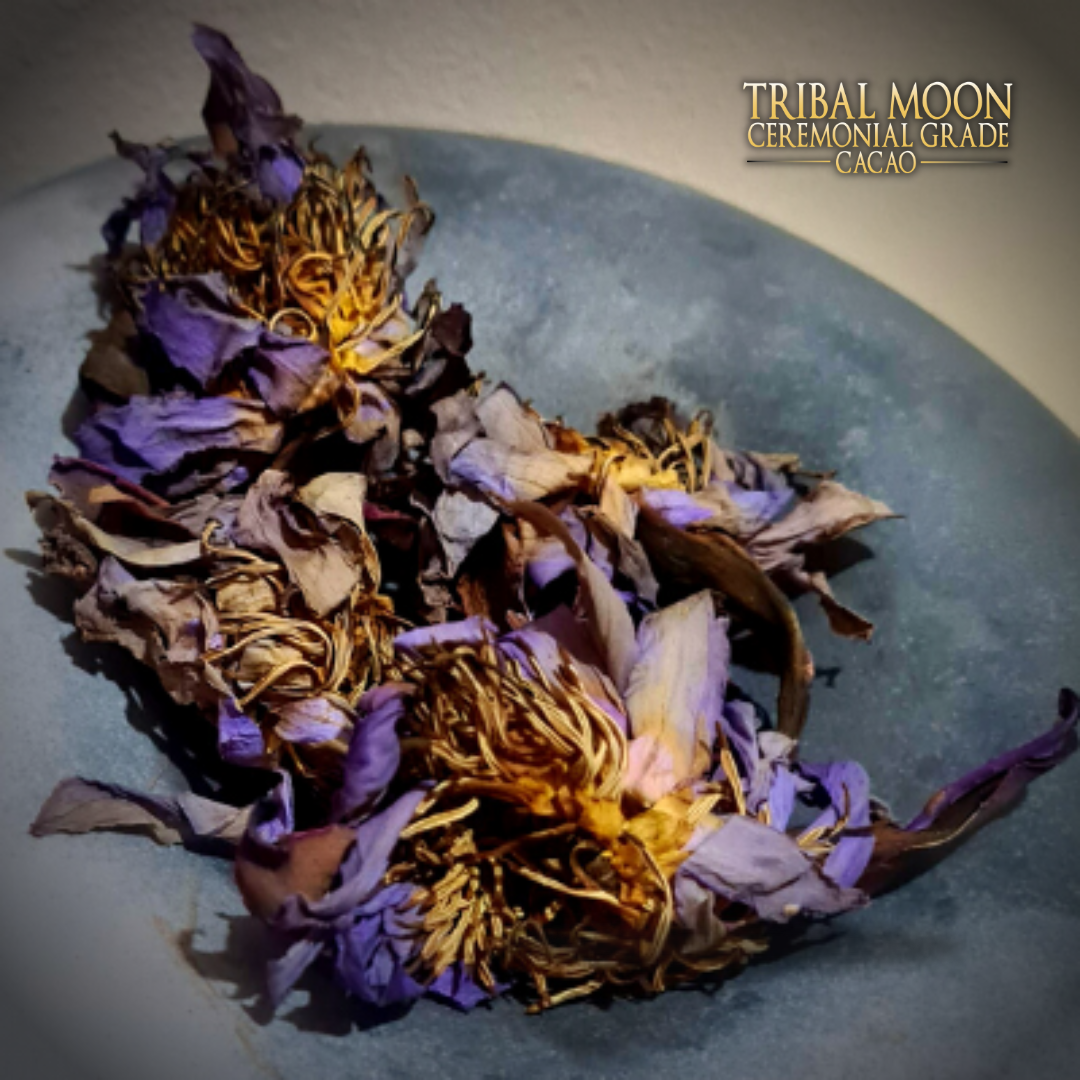
CLICK HERE FOR SUBSCRIPTION PLANS – 2 x 610g CACAO NOW FOR ONLY $99 (SAVE $51) – LIMITED NUMBER AVAILABLE
CLICK HERE FOR SUBSCRIPTION PLANS – 2 x 610g CACAO NOW FOR ONLY $99 (SAVE $51) – LIMITED NUMBER AVAILABLE
Finding it hard not to compare yourself to other people??
You may think that you’re the only one struggling with this problem, but the reality is that everyone does it at some point or another, it actually one of the biggest challenges I find with people when they come for coaching and mentoring.

Even people who seem like they have it all together may often still be comparing themselves to others in some way or another.
So the big question… is this way of thinking serving you to get to your highest potential?
There may be times our life when we judge ourselves based on how well we stack up against others instead of focusing on our strengths, weaknesses, goals, and values.
So if someone else has achieved something remarkable or looks better than us in a particular area (e.g., weight loss), we feel like we’re not good enough because they are better than us in some way(s).
Maybe at some point in time, this way of thinking served you well…
But does it still?
Does it help you to thrive and move forward positively?
When someone compliments you, don’t be afraid to accept it. It may sound simple, but your first instinct might be to downplay the compliment or deflect attention away from yourself. Instead of doing that, try responding with “thank you.”
If someone praises you for something you did (or even if they just say a nice thing about your appearance), accept their appreciation graciously by saying “thank you.” If someone compliments something about your work or personality and asks for more information about it–for example, if they ask where did I get my shirt? Or how long have I been playing guitar?–answer honestly and openly without being defensive or overly modest.
The goal here is not necessarily to brag about yourself. Rather, it’s simply to acknowledge that others value what makes up who we are as people (and sometimes even more than just our physical appearance).

Sometimes, the feeling of failure can be overwhelming. When you think about past mistakes or things that could have gone better, try shifting your attention to the positive aspects of your performance instead. Recognise what went well, even if it was just a small step in the right direction.
If you find this difficult because there are no good moments for reflection (e.g., if you’re working in an environment where there is little opportunity for improvement), ask someone who knows how much effort goes into your work what they think about it instead of relying on self-evaluation alone.
Perfectionism is a barrier to success. It’s a way of thinking that creates feelings of inadequacy and self-criticism, leading to procrastination, fear of failure, and shame.
If you’re struggling with this issue, take some time to reflect on what perfectionism means for you. When do you feel most compelled by it? How does it affect your work or relationships? Talk through these issues with people around you.

One of the most important things to remember is that it’s not always sunny days. There may come a time when our self-confidence takes a dip.
Here are some strategies for building confidence and self-worth:
In addition to being a source of comparison, social media can also be a source of stress. Scrolling through your news feed and seeing other people’s actions can make you feel like you’re not doing enough with your life. You might even start comparing yourself to them and think they have achieved more than you have at the same time.
This is why taking breaks from social media is essential when overcoming imposter syndrome–it helps us realize what matters most in life: relationships, health, happiness, and self-worth.
Networking is a great way to connect with people who can help you grow professionally and personally. You may think networking is only for people looking for a job, but this isn’t true. Some people prefer having face-to-face interactions because they feel more comfortable talking about themselves when an actual human is standing before them instead of just typing words into an inbox or chat window.
Learning to accept praise and compliments when they come your way can help build your confidence. This can be difficult, especially if you feel or think the praise needs to be deserved. You may also struggle with accepting compliments because they make you feel uncomfortable or embarrassed and make it hard for you to relax around other people.
If you’re feeling like your confidence is dipping low or you’re comparing yourself to others, don’t worry–it’s normal. Acknowledging that feeling and takings steps to manage it is key. You can do this by focusing on your accomplishments rather than comparing yourself to others, worrying about failure, and accepting compliments without trying to deflect them away from yourself.
I find that taking breaks from social media and focusing on building genuine and meaningful connections offline has helped me feel my most authentic self.




Get epic discounts on our cacao, free courses, event tickets and so much more
more than just a way of life
If you feel called to make a donation, please click here: DONATE
email: info@tribalmooncacao.org
Copyright © 2024
